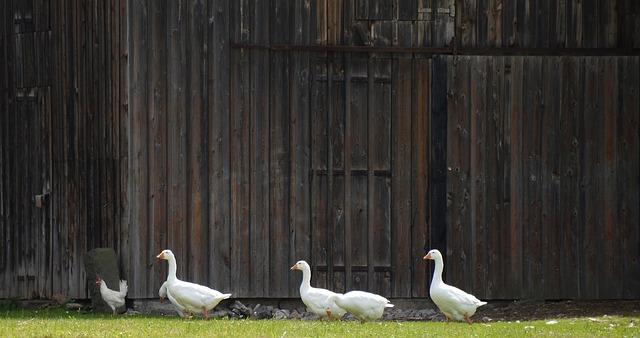Homesteading is hard work. Period.
However, even the most hardworking and seasoned homesteaders may overlook skills that can make life easier. Here are seven skills to master that can ease the burden many homesteaders face.
1. Neighbors
Most homesteaders live on fairly small acreage and have others living nearby. Therefore, it’s essential to get to know your neighbors. There are two reasons for this. First, the enjoyment of the homesteading lifestyle will be greatly diminished if you can’t get along with your neighbors. For example, if someone nearby decides to start a rock band and practice outside, or enjoys taking a shortcut through your property on an ATV, your chances of resolving these issues is a lot better if you’ve already established a relationship. Second, and on a positive note, you may have goods or services your neighbor wants, and vice versa. For example, I raise rabbits and my neighbors raise pigs. I get tired of rabbit meat and they get tired of pork, so trading meats is a win-win for both.
2. Your choice – goods for bartering
Continuing the theme of No. 1, for thousands of years, humans relied on barter to transfer goods and services. Barter should be a major component of any homestead. Of course, to successfully barter, you need something to trade with your neighbors.
So choose a readily available or producible good on your homestead. Examples include candles from tallow, rabbits you breed, or preserved jams.
3. Your choice – services for bartering
In addition to goods sought after by those living nearby, think about a service, as well. It should be something that others can’t do well or easily. Typically, this means a skill that takes a lot of practice, experience and special tools.
Discover More Than 1,000 Off-Grid-Living Tricks!
Examples include mending clothes, advanced first-aid, dentistry, or carpentry without power tools. The list is endless, so consider carefully and invest in the time and tools needed to perfect a valuable service.
4. Tying knots
Whether you need to secure an animal or put up a clothesline, there’s an appropriate knot for the job. Yet few homesteaders know more than one or two basic knots. Learn how to quickly and efficiently tie some basics knots to get the job done right. There are tons of YouTube videos showcasing the most important knots. Here is one:
Story continues below video
5. Trapping game
Nothing lends to the success of homesteading more than supplementing protein sources with wild game. While not everyone has the skill (or desire) to hunt and butcher large game like deer or antelope, smaller game like rabbits or beavers are much more manageable. Learn how to make simple traps from material readily available on the homestead.
6. Sourdough starter
When I think of useful homesteading skills, I look to those that are sustainable—i.e., you can continue doing them long-term without having to rely on modern society to continually provide supplies. So if you grow grains and make bread, then grow and maintain a sourdough starter so that you don’t need to keep buying yeast. Learn how:
Story continues below video
7. Preserving meat without refrigeration
Homesteaders should be prepared to live for a long period of time without power.
One skill crucial to this is preserving meat without refrigeration. Two options are curing and smoking. Curing is basically the use of salt, but because salt is not a sustainable resource in a grid-down situation, I don’t recommend it as the primary means of preservation.
The other option is smoking. Smoke helps create an acidic coating on the meat, inhibiting bacterial growth. It also dries out the meat, further preventing bacteria. Smoking done this way is called cold smoking because temperatures less than 100 degrees Fahrenheit are used—the meat is not cooked, just preserved. You can purchase commercial cold smokers or make your own. In any case, cold smoking is one of those skills that takes practice.
Final Thoughts
All of the skills discussed take practice and initial investment in goods to master, but the investment will repay itself over and over.
What would you add to our list? Share your tips in the section below:
 Off The Grid News Better Ideas For Off The Grid Living
Off The Grid News Better Ideas For Off The Grid Living




